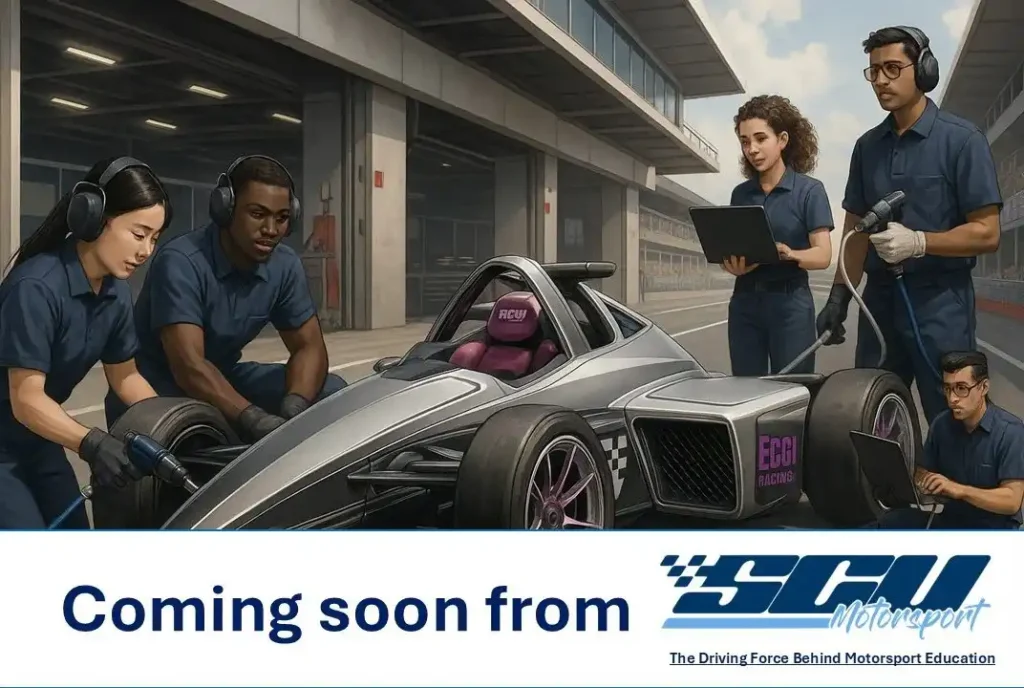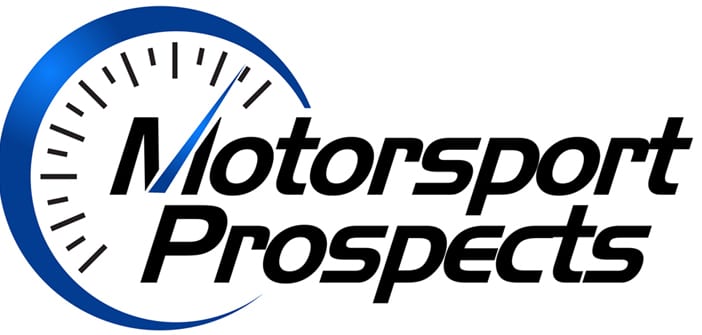
Every year in the UK, 1,000’s of students are sold a dream of being taught the skills needed to work in the motorsport sector as a mechanic or engineer. Unfortunately, the reality is they are being delivered a nightmare, and this is nothing to do with the motorsport sector as the skills the students are being taught won’t even get them that far.
The motorsport sector is in desperate need of mechanics and engineers, but they need to have the correct skills, and relevant experience. That may seem like an obvious statement but when you have two mainstream qualifications that are rated 1.5/10 and 2.5/10 by the race teams, manufacturers and supply chain you start to see there is a huge problem.
In 2011, Alan O’Neill, who has been in and around motorsport for most of his life had the opportunity to teach motorsport at a college in Birmingham in the UK, and has experience of teaching one of these qualifications, and identified issues with it almost immediately. He says that he used to find himself in front of the students saying “this is the way you do it to pass the qualification, but this is the way you do it when you work with a race team”
Fortunately, the college where he taught was very supportive and allowed him to establish two student led projects, building race cars and taking them out racing. When building the cars, Alan introduced the students to engineering skill sets that he had been taught during his apprenticeship, but these were outside the curriculum, so students didn’t get credit for them, even though they were skills that were applicable to motorsport. Without exception the students all said that they learnt more from the extra curricular activities and actually running the race cars than they did from the curriculum, something that he found bizarre. One of the key issues is that the two mainstream qualifications are 100% automotive based, whereas motorsport is 60% engineering and just 40% automotive.
There are also colleges that claim to run a motorsport course but have students working on a conventional road car. The students turn up thinking they have a chance to work towards a career in motorsport; they are being taught a qualification rated at 2.5/10, working on a road car, they never get a placement with a professional race team, never attend a race meeting – but the college still signs off a level 3 motorsport qualification. The student then goes along to the likes of Mercedes, McLaren, Prodrive or RML – and they get rejected. And this is happening now, on a regular basis.
After having no joy in trying to get the two awarding bodies to change the content, Alan decided to leave teaching with a view to developing a motorsport program that would provide students with the skills and experience needed to improve their chances of getting a job in the motorsport sector, basing the nucleus of SCU Motorsport model on the ‘non-curriculum’ elements that he had taught his students.

In 2019, SCU Motorsport conducted 12 months of research, talking to race teams in the World Endurance Championship (WEC), European Le Mans Series (ELMS), British GT, British Touring Car Championship, F4, F3 and Porsche Carrera Cup, as well as race car manufacturers, members of the motorsport supply chain and experts in the field of motorsport, identifying the skill sets that they want to see and using this to shape the way SCU Motorsport would develop a new motorsport education program. One message was common throughout the period of research – there is a lack of suitably skilled mechanics and engineers. Another message was that race teams wouldn’t take students who had only completed one of the mainstream qualifications, and it was the F4 and BTCC teams who rated the two mainstream qualifications at 1.5/10 and 2.5/10.
SCU Motorsport concluded their research with a clear message – there is a shortage of mechanics and engineers, but the race teams were not prepared to employ any student that has only done one of the mainstream qualifications. The teams also wanted ‘real experience’, but there are limited opportunities to facilitate this. There are 67 colleges in the UK that claim to be running motorsport. Each of these are running a level 2 and 3 course. Even with low numbers – 12 per cohort, there is around 1,600 students wanting and needing to build experience – good luck in finding a tutor that has the time to find placements for all of their students, whilst also marking the work of these students. The SCU Motorsport team thought there must be an easier way.
They also identified that Neurodiverse learners are being disadvantaged by the traditional education system, with a number of Team Managers, race engineers and mechanics within the sport who are brilliant at what they do, but do not have formal qualifications because they were Neurodiverse and had left school without formal qualifications. One such individual was running their own team and had two Neurodiverse engineers working in the team. We also had discussions with a number of top race teams and they stated that their better engineers are Neurodiverse.
In Part 2 next week, I will explain the approach that SCU Motorsport intends to use to close this skills gap while making motorsport both sustainable and accessible for all.
For more information on SCU Motorsport, please visit their website at: https://scu-motorsport.co.uk/


